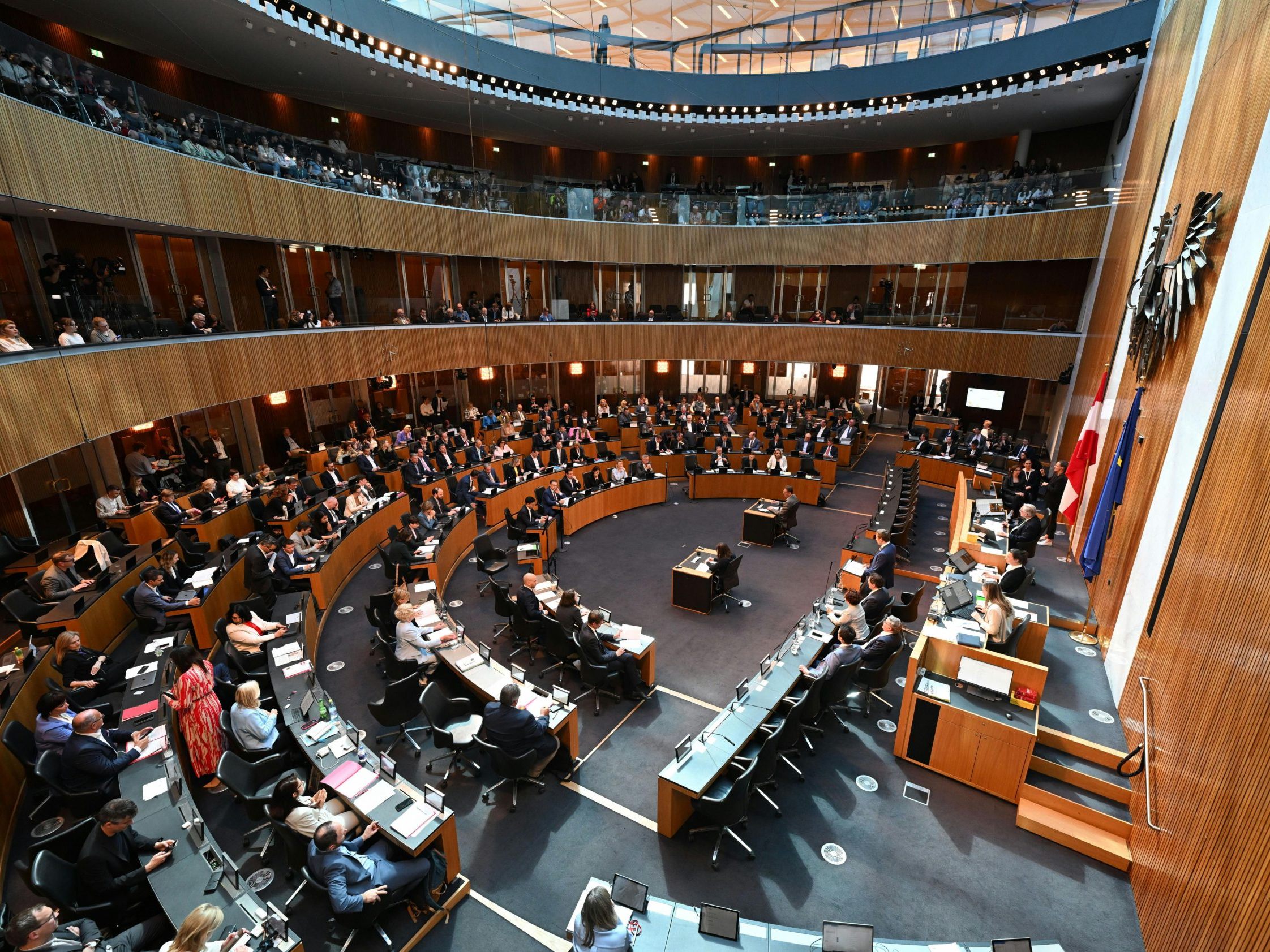National Council Passed Law on Fee Increases

The budget consolidation overcame the next parliamentary hurdle in the National Council on Thursday afternoon. A measure was passed that includes, among other things, an increase in health insurance contributions for pensioners and a significant increase in federal fees. Finance Minister Markus Marterbauer (SPÖ) refuted opposition accusations that the consolidation disproportionately affects lower incomes.
Higher Health Insurance Contributions for Seniors
The package contains a series of measures, with the increase in health insurance contributions for seniors causing particular criticism. Specifically, they will rise from 5.1 to 6 percent. In return, the prescription fee (currently 7.55 per package) will be frozen next year. Additionally, in the future, medications that cost less than the prescription fee will be included in the prescription fee cap, and this will be gradually reduced from two percent of annual net income to 1.5 percent between 2027 and 2030.
On this last point, Green Party MP Ralph Schallmeiner intervened. He argued that this relief comes too late and will be financed by the affected individuals themselves through the increase in the e-card fee.
Freedom Party MP Alexander Petschnig described it as a simple burden package for the masses. He said it consists of loveless tax and fee increases, with careful attention paid to ensuring that the majority of the population bears the brunt.
Considerable Fee Increases
Indeed, the fee increases are quite substantial. For example, the cost for a passport will increase from 75.90 to 112 euros. The fee for the identity card will also rise by a good 48 percent. In the future, 91 euros will have to be paid for it. The driver's license will cost 90 euros, and the registration certificate 178 euros.
The Greens and FPÖ referred to a survey by the Parliament's Budget Service, which found that the lowest income decile is three times more affected by the measures than the highest decile. Marterbauer countered that the Budget Service could only assess those measures that could be directly attributed to individuals. Therefore, offensive measures such as German language promotion, opportunity bonuses, or the expansion of maintenance guarantees were not included. However, it is clear that the distribution effects of these projects are positive. The SPÖ also highlighted that tax increases would be made on private foundations.
Overall, Marterbauer was quite confident that the necessary restructuring would succeed. The Finance Minister also assumes that economic researchers will soon revise their forecasts upwards rather than downwards.
ÖVP rejected accusations
From the NEOS side, Member of Parliament Karin Doppelbauer assured that there would still be a very healthy welfare state in the future. She pointed out that by 2029 alone, there would be a pension gap of 40 billion, and the debt would have grown to 86 percent. This clearly demonstrates the necessity of saving. The steps now taken are the beginning of a major reform agenda, said Doppelbauer. The ÖVP once again rejected the opposition's accusations. Budget spokesperson Andreas Hanger reminded that all parties are represented in decision-making functions in the various regional authorities. Therefore, everyone should take responsibility and also support concrete progress in solutions.
(APA/Red)
This article has been automatically translated, read the original article here.





